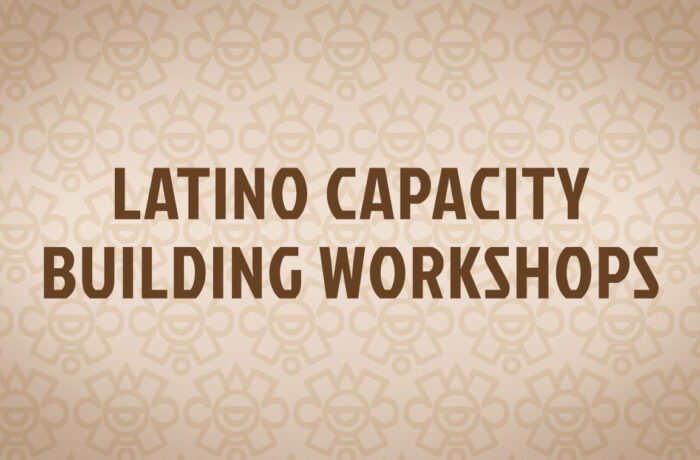AZTEC PREVENTION MODEL
The Aztec Prevention Model addresses the historical, political, and cultural development of alcohol among the Aztecs and the collapse of their social structure after the Spanish conquest. Participants become familiar with Aztec social norms about drinking, examples of daily life and alcohol use, and the social policies and consequences of public intoxication. The workshop uses a culturally competent approach in prevention in the Mexican American community.
RAZALOGIA COMMUNITY MOBILIZATION FRAMEWORK
The Razalogia Community Mobilization Framework incorporates a cultural cast of barrio characters to teach participants how to organize in the Latino community. The Razalogia framework identifies four community mobilization strategic areas developed by Dr. Roberto Vargas. The barrio cultural cast of characters is a unique presentation which focuses on individual and coalition transformative knowledge and empowerment strategies utilizing a Chicano/Latino cast of characters who dialogue with the author and among themselves. This workshop provides a unique emphasis on Latino/Chicano worldviews and the incorporation of these worldviews into community mobilization and prevention efforts.
USING CHICANO VALUES IN SUBSTANCE ABUSE PREVENTION
Using Chicano Values in Substance Abuse Prevention addresses the issue of identifying, understanding, and utilizing Chicano core values such as confianza, el respeto, personalismo, la familia, el honor, compadrazgo networks, and barrio support systems, in the substance abuse prevention delivery system. The workshop promotes a cultural strength model and incorporates socio-cultural values found in Latino culture and community. The workshop also discusses personal and cultural conflict that results when indigenous values are not taken into account when substance abuse prevention services are delivered. This interactive workshop traces the participant’s personal and family history and allows them to openly discuss positive and negative experiences.

